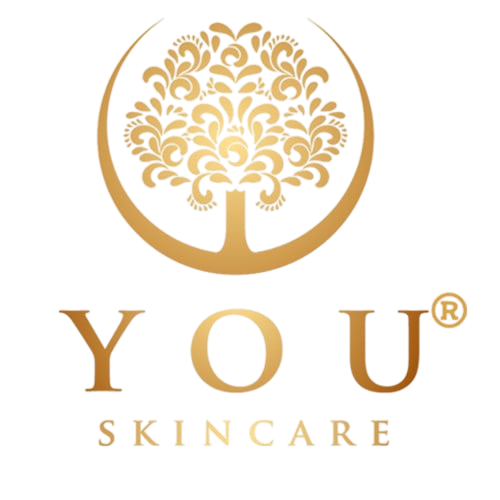December 14, 2024
Skin health isn’t just about looking good—it's about protecting yourself from harmful irritants. Sodium Lauryl Sulfate (SLS), a common ingredient in many skincare and cosmetic products, has been found to cause irritation, particularly on sensitive facial skin. This blog explores how SLS affects different regions of the face, the role age plays in sensitivity, and why choosing gentle skincare products matters.
Your skin is your body’s first defense against environmental aggressors. Irritation caused by harsh ingredients, like SLS, can compromise this barrier, leading to redness, dryness, and other skin concerns. For anyone seeking to achieve clear and healthy skin, understanding how to minimize exposure to irritants is crucial.
What We Learned About SLS and Skin
A scientific study investigated how SLS affects facial skin, comparing young adults (ages 19-30) and older individuals (ages 70-81). SLS, when applied for an hour, induced skin irritation measured by changes in Transepidermal Water Loss (TEWL)—a marker of skin barrier function. Key findings revealed:
The Role of TEWL in Skin Health
TEWL measures how much water evaporates from your skin, serving as an indicator of skin barrier health. High TEWL values suggest a compromised barrier, making the skin more susceptible to irritants like SLS. This study emphasizes the importance of maintaining a strong skin barrier through proper hydration and protective skincare.
Why Certain Areas Are More Sensitive
The cheek and chin were found to be the most sensitive to SLS. Researchers attribute this to differences in skin thickness, nerve density, and hydration levels across various facial regions. Understanding these variations can help tailor skincare routines to better protect vulnerable areas.
How Age Influences Skin Sensitivity
Younger skin is generally more reactive to irritants, likely due to higher baseline hydration and a more robust skin metabolism. Older skin, while less reactive, may still require care to maintain its barrier integrity, especially as natural hydration declines with age.
What This Means for Your Skincare Routine
At YOU Skincare, we prioritize your skin’s health and safety. Our products are formulated without SLS or other harsh irritants, ensuring a gentle yet effective approach to skincare. Backed by scientific insights, we create solutions that work harmoniously with your skin’s natural barrier.
Ready to prioritize your skin’s well-being? Explore our range of gentle, effective skincare products at www.youskincare.us. Experience the difference of science-backed, sensitive-skin-friendly care.
Comments will be approved before showing up.
April 07, 2025
Many of us dream of having bright, radiant skin that glows with health. Skin brightening treatments have become increasingly popular as they help reduce dark spots, even out skin tone, and restore a youthful appearance. Modern skin brightening treatments work by targeting melanin production, removing dead skin cells, and promoting cell turnover to reveal fresher, more luminous skin underneath.
January 28, 2025
Finding the right face mask for sensitive skin can be tricky. Many masks contain strong ingredients that may irritate delicate skin. But don't worry - there are great options out there.
January 27, 2025
Oily skin can be tricky to manage, but hyaluronic acid might be the secret weapon you've been looking for. This powerful skincare ingredient is known for its ability to hydrate and plump the skin. You might think adding moisture to oily skin is counterintuitive, but it's actually quite beneficial.
